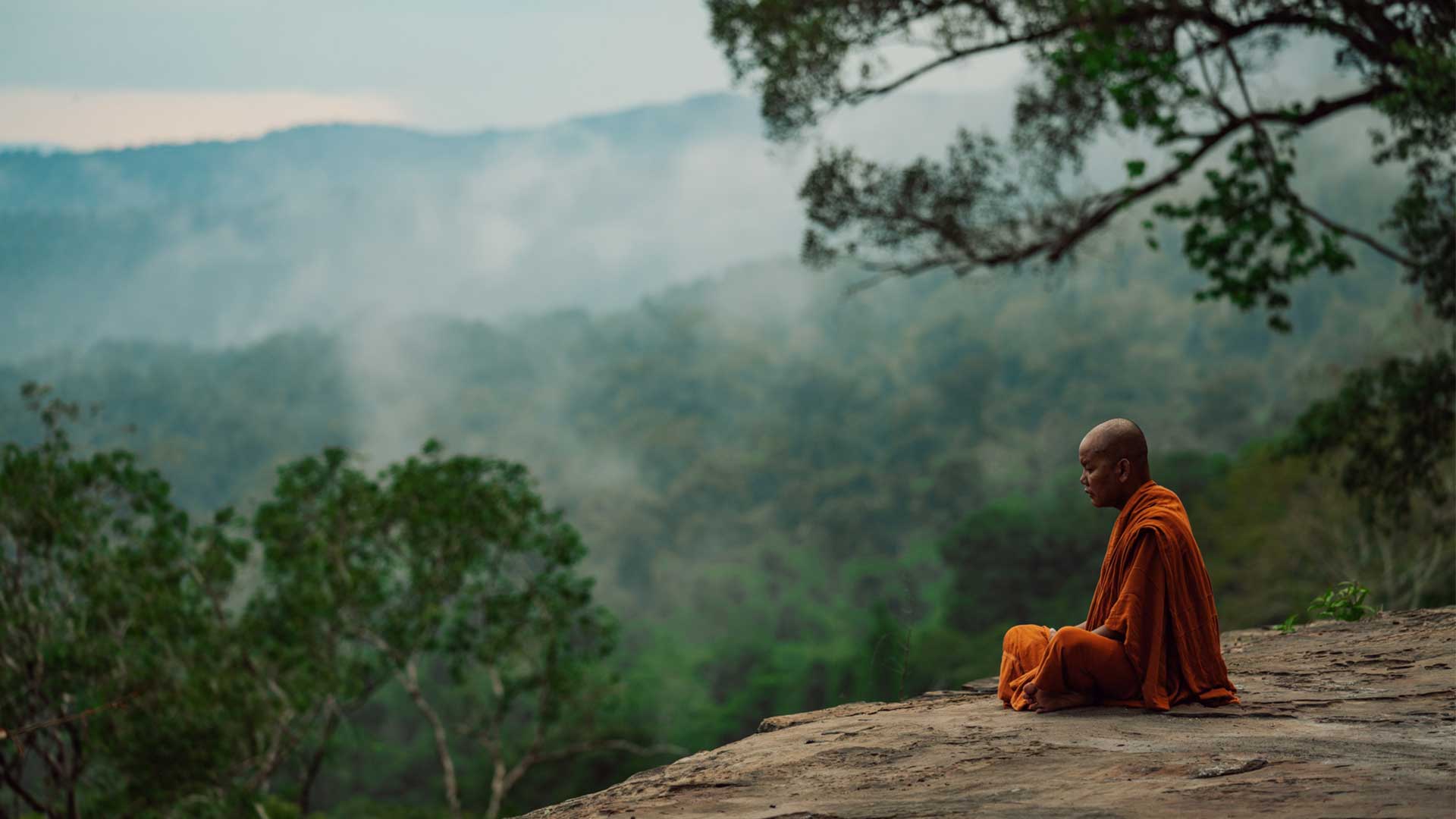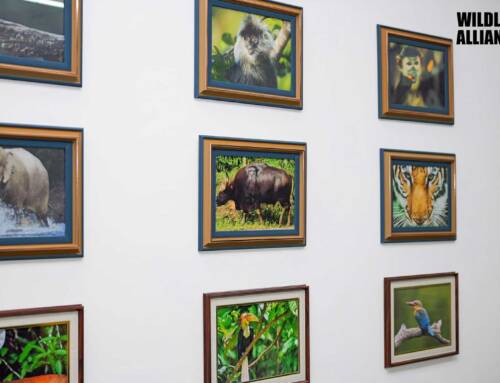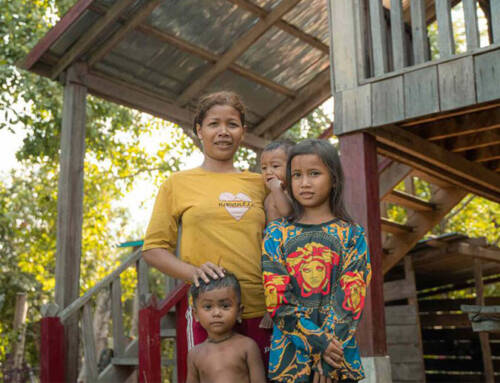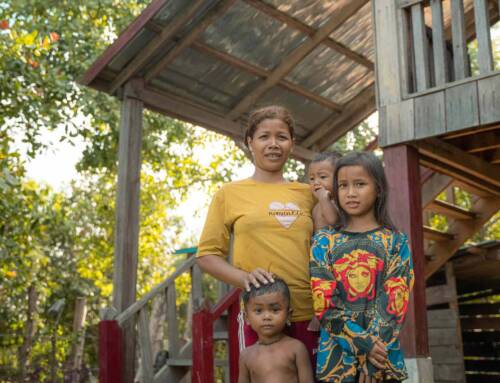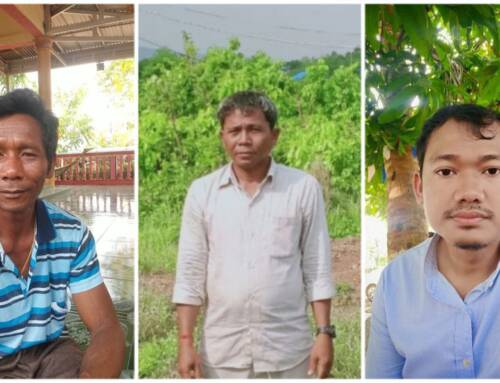In celebration of Cambodia’s Independence Day, Dr. Suwanna Gauntlett, Founder and CEO of Wildlife Alliance, acknowledged the positive impact the REDD+ project has had in the Southern Cardamom Rainforest. “Our only chance to save the world’s most important rainforests is to preserve what is left. I believe that high-quality carbon forest offsets provide us with the best way to keep the forests standing. Carbon forest offsets are good for forests, good for indigenous peoples, good for wildlife, and crucial for tackling climate change.”
For over two decades, Wildlife Alliance has worked in partnership with local communities and the Government of Cambodia to preserve nearly four million acres of dense monsoon forest jungle in the Cardamom Rainforest, maintain freshwater reserves of 22 major waterways, and – as a direct result – keep local temperatures stable at an average of 32 degrees centigrade all year round.
The vast majority of indigenous peoples who live in the Southern Cardamom Rainforest agree that the REDD+ carbon offset program has been hugely beneficial.”
Dr. Suwanna Gauntlett, Founder and CEO of Wildlife Alliance
“None of this would have been possible without the funding generated under the REDD+ carbon forest offset program,” Dr. Gauntlett added.
Under the REDD+ carbon offset scheme, millions of dollars have been invested in the indigenous communities themselves, supporting over 5,000 jobs; financing access roads, bridges, schools, medical centers, waterwells, and university scholarships; and helping local people develop skills in modern agriculture, small business development, and ecotourism.
“The vast majority of indigenous peoples who live in the Southern Cardamom Rainforest – and who have a vested interest in the long-term health and wellbeing of their lands and the ecosystems they depend on – agree that the REDD+ carbon offset program has been hugely beneficial,” Dr. Gauntlett added.
Another benefit of the work of Wildlife Alliance has been through efforts in ecotourism. The world renowned Shinta Mani Wild resort located in the Southern Cardamom National Park operates under the protection of Wildlife Alliance and the Ministry of Environment. Shinta Mani Wild supports a ranger substation that is responsible for the protection of the wilderness surrounding the 250 hectare resort.
For the past 30 years, Dr. Gauntlett has brought together communities and governments in numerous parts of the world to effectively protect their ecosystems. Forests are essential in the fight against climate change. They absorb carbon dioxide, regulate the Earth’s rainfall, provide habitats for thousands of important species, and keep air currents cool. But rampant deforestation in the three tropical forest basins of the Amazon, Congo and Southeast Asia is creating havoc on the global climate by altering atmospheric circulation, influencing rainfall patterns, and affecting ocean currents.
“Quite simply,” Dr. Gauntlett concluded, “without carbon forest offsets, many of the world’s most important forests will be wiped out. That would be devastating news for mankind’s efforts to tackle climate change.”
Carbon forest offsets must remain part of the climate change solution. They provide a way for corporations to reduce their carbon footprint by paying to protect forests. Forests absorb carbon dioxide from the atmosphere and so, by protecting trees, corporations can offset their emissions. This scheme has enabled billions of dollars to be channeled into preserving forests around the globe. This initiative has also benefited many indigenous communities, often the first to be impacted by deforestation, whose livelihoods and cultures depend on the forests remaining standing.
Wildlife Alliance’s team of 220 experts increase vegetation cover by planting new forests while enforcing environmental protection laws to prevent logging, land grabbing and poaching of existing tropical forests that play a vital role in regulating the global climate. Working in partnership with national and local governments, Wildlife Alliance protects some of the world’s most threatened forests and endangered wildlife species by preserving and enhancing the forests of the tropical belt. REDD stands for Reducing Emissions from Deforestation and forest Degradation in the moist tropics, and the plus sign stands for additional forest management activities such as community participation and biodiversity conservation.

